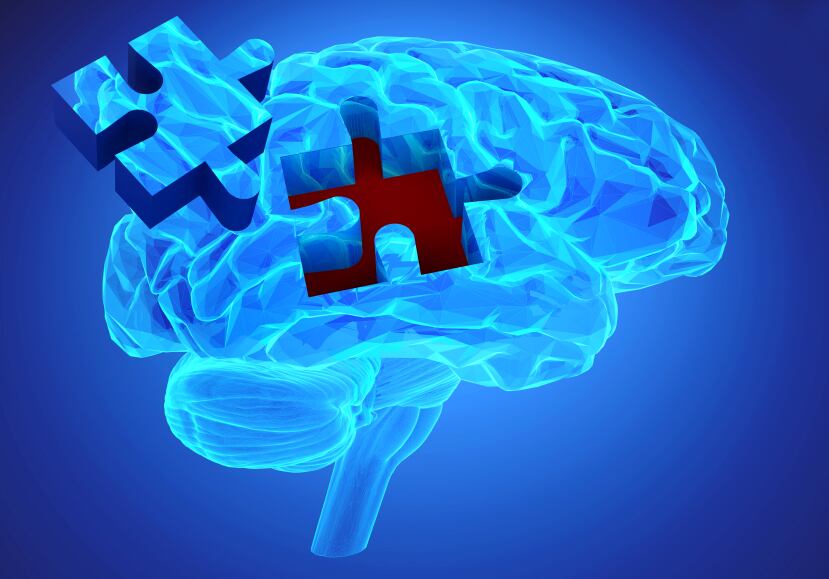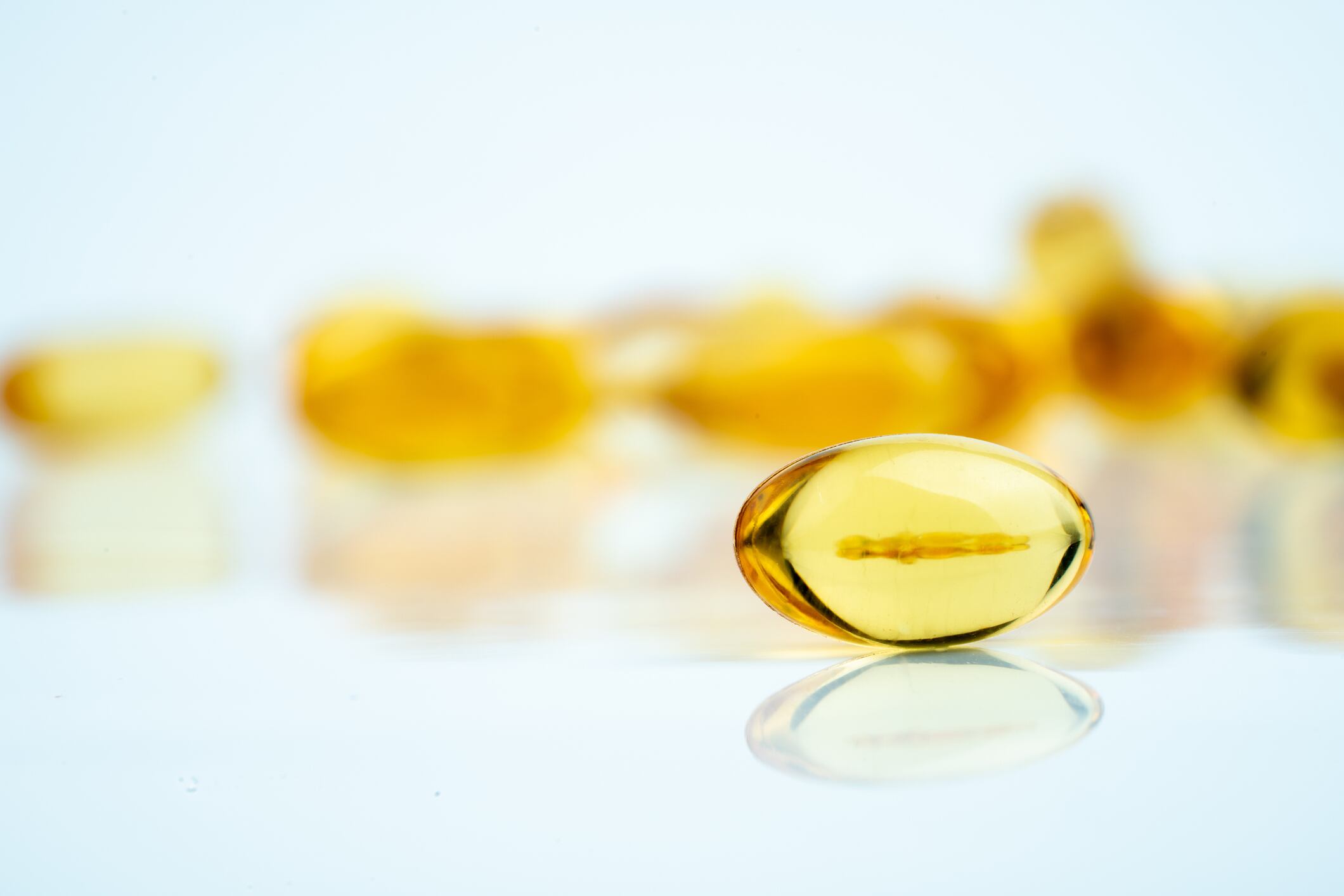Professor David Curtis believes the supplement can easily be included into treatment plans adding the amino acid derivative’s action qualifies as a “biologically rational treatment for schizophrenia”.
“The small number of clinical trials so far do seem to show that it can be helpful. It certainly seems to be safe and some patients report feeling better on it," says Dr Curtis, an honorary professor of genetics at University College London. "We should be carrying out further studies in order to find out for sure."
Writing in The British Journal of Psychiatry, Dr Curtis describes evidence that impaired functioning of the glutamatergic N-methyl-D-aspartate receptor (NMDAR) can produce psychotic symptoms and is sometimes involved in schizophrenia’s progression.
Professor Curtis and colleagues recently added to the evidence, showing that genetic variants which damage this receptor increase the risk of schizophrenia.
Sarcosine’s mechanism of action specifically inhibits the reuptake of glycine by inhibiting the glycine transporter GlyT-1, thus making more glycine available for brain synapses to continue functioning.
Professor Curtis suggests highlights a standard dose used in studies is two grams per day (g/day), although it is sometimes suggested that this is worked up to gradually.
PULSAR study

He refers to the recent and largest PULSAR study, which enrolled 30 patients per arm that also featured a longer follow-up period of six months compared to similar studies.
Here, individuals with paranoid schizophrenia treated with additional sarcosine had improved outcomes and higher a response rate when compared to the placebo group.
In the PULSAR study, 2 out of 30 participants developed hypomania following addition of sarcosine to their usual treatment.
Both episodes were resolved following dosage adjustment, one reducing the sarcosine to 1g in the former and the dose of the antidepressant venlafaxine to 37.5 milligram (mg) in the latter.
Professor Curtis adds that aside from these two individuals, all studies consistently report side-effects as being mild, transient and not clearly related to treatment.
“Some studies have used it on its own as a treatment but I think the obvious thing to try first would be for patients to take it alongside their regular antipsychotic medication, in order to produce further improvement," he adds.
Sarcosine occurs naturally in a range of foods such as egg yolks, turkey and legumes, and can be bought as a dietary supplement, sometimes promoted as a 'brain health supplement', with various claims being made that are not all backed up by adequate evidence.
The professor points out that some patients may see sarcosine as a relatively attractive option regarding it as a ‘natural’ product.
Here patients may feel more autonomy in consuming something purchased for themselves rather than only taking a medication that is prescribed to them.
‘Defensible and evidence-based’
“I would encourage psychiatrists to review the evidence, and while they may reach different conclusions, it seems reasonable to conclude that suggesting sarcosine to a patient with schizophrenia would be defensible and evidence-based,” he says.
"Because it is freely available and fairly cheap, there is nothing to stop somebody with schizophrenia from buying it and trying it themselves, which underscores the need for health professionals to get our heads around it.
“I would certainly warn them not to stop their regular medication and to continue following the advice of their psychiatrist," adds professor Curtis.
Source: The British Journal of Psychiatry
Published online: DOI: 10.1192/bjp.2019.194
“A possible role for sarcosine in the management of schizophrenia.”
Authors: David Curtis



